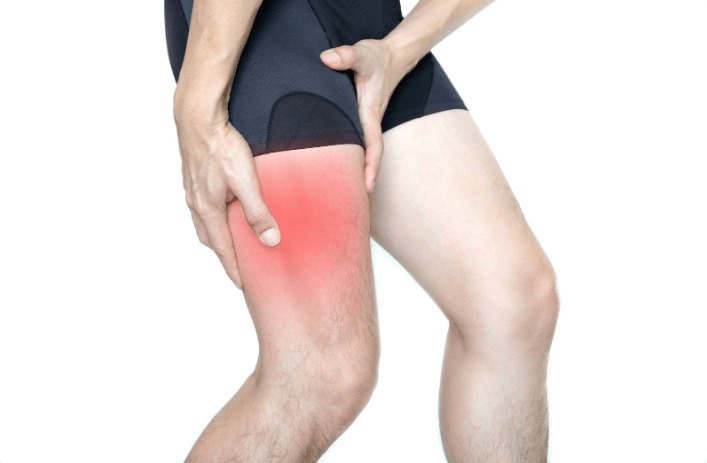Most people have experienced a muscle cramp at some point — that sharp, sudden tightening that can wake you from a deep sleep. While they usually pass quickly and aren’t dangerous, nighttime cramps can be painful and disruptive. The good news is that a few simple habits can reduce the likelihood of waking up in pain.
Below are six helpful tricks to prevent muscle cramps while sleeping — based on common causes and simple daily routines that help your muscles relax through the night.
Why Muscle Cramps Happen

Muscle cramps occur when the muscles contract involuntarily and can’t immediately relax. They most often affect the feet and calves, particularly during the night. Older adults and pregnant women are especially prone to them, but anyone can experience nighttime cramps due to dehydration, fatigue, or poor circulation.
1. Stay Hydrated
Dehydration is one of the most common reasons for nighttime cramps. When the body lacks water, it prioritizes vital organs over muscles, pulling fluid away and increasing the risk of spasms.
Make sure to drink enough water throughout the day. If you sweat heavily or exercise frequently, consider replenishing electrolytes with a sports drink or natural options like coconut water. These contain essential salts such as sodium, potassium, and magnesium that help maintain muscle balance.
2. Keep Warm at Night
Sleeping in a cold room may feel comfortable, but low temperatures can make muscles tense up and contract. If your bedroom gets chilly, cover your legs with a blanket or wear light sleepwear to maintain warmth.
Muscles tend to perform best when slightly warm and relaxed, so a comfortable sleeping temperature can make a noticeable difference.
3. Stay Active During the Day

If you sit or stand in one position for long periods, blood flow to your muscles decreases, making them more susceptible to cramping later. Try to stretch or walk briefly every hour if your job involves sitting at a desk or standing for long shifts.
Moderate daily movement helps improve circulation, preventing stiffness and nighttime spasms.
4. Stretch Before Bed
Gentle stretching or a warm shower before bed can help relax your muscles. Heat increases blood flow and mimics the effect of warming up before exercise. A quick calf stretch or a warm bath can ease tension and prevent your muscles from seizing up during sleep.
Some people also find comfort in traditional remedies, such as keeping a bar of soap under the sheets — while scientific evidence is limited, many claim it helps reduce leg cramps through placebo or scent-based relaxation.
5. Boost Magnesium and Potassium Intake
Magnesium and potassium play key roles in muscle health and nerve function. A lack of either mineral can lead to cramping. Foods rich in these nutrients include bananas, avocados, almonds, spinach, and dried fruits such as apricots.
If you frequently experience cramps, you might discuss magnesium supplements with your doctor — magnesium glycinate is often recommended for better absorption and relaxation before sleep.
6. Try a Natural Home Remedy

Some simple kitchen ingredients can also help reduce muscle cramps:
-
Pickle juice — It contains electrolytes that may calm nerve misfires and reduce cramping.
-
Bananas or dried apricots — Both are rich in potassium, which helps balance muscle contractions.
-
Warm compress or massage — Applying gentle heat or massaging affected areas can improve blood flow and soothe tense muscles.
When to See a Doctor

Occasional cramps are usually harmless, but if they happen frequently or are severe enough to disturb sleep regularly, consult a healthcare provider. Persistent cramps can sometimes signal circulation issues, nerve irritation, or mineral deficiencies that may need attention.
The Bottom Line
Nighttime muscle cramps can be painful but are often preventable. Staying hydrated, keeping warm, eating mineral-rich foods, and gently stretching before bed can make a significant difference.
Try one or two of these habits tonight — your muscles might thank you with a peaceful, cramp-free sleep.
